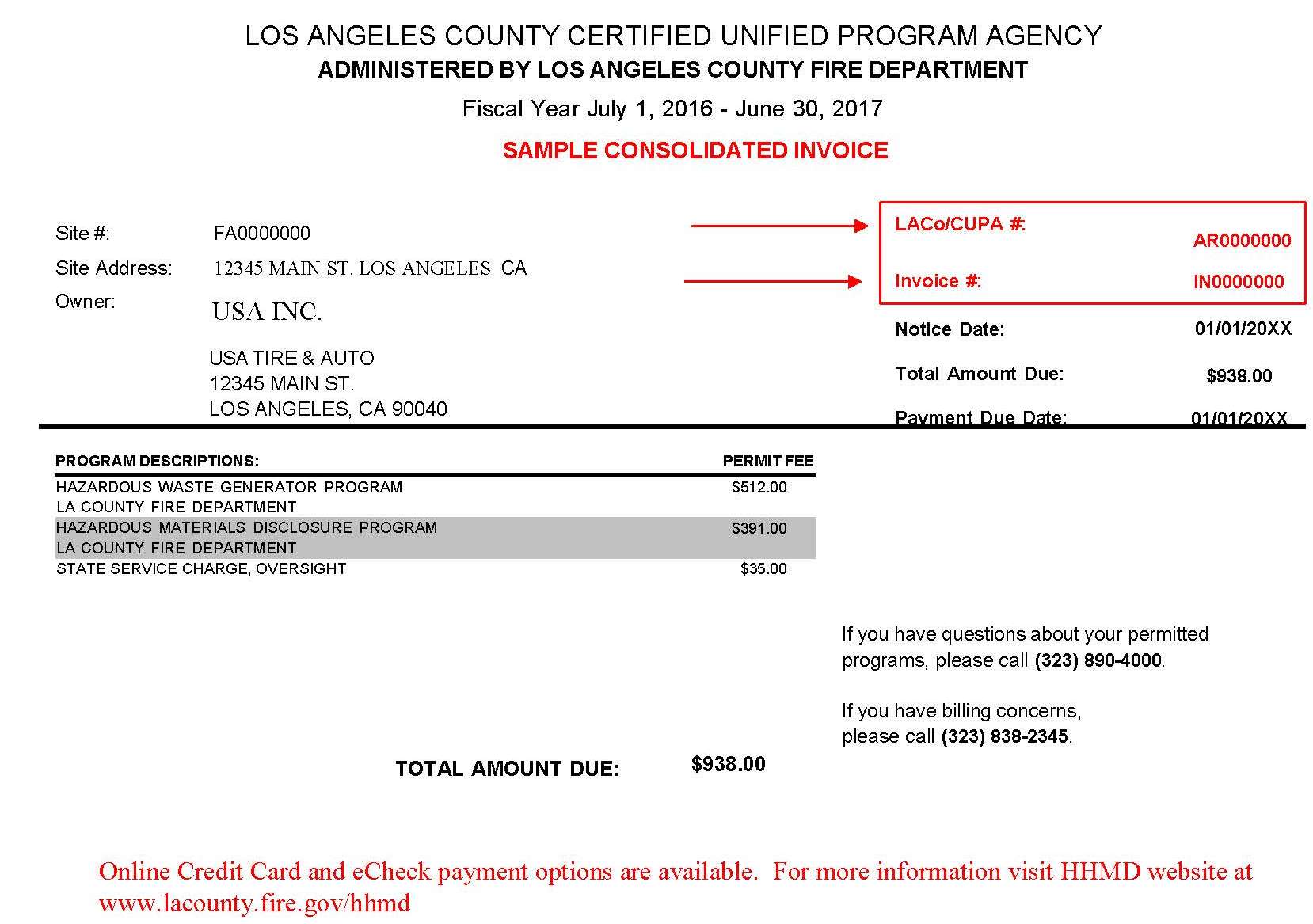Calling the fire department during an emergency can be a huge relief These brave men and women put their lives on the line to protect our safety and property. But after the smoke clears, some homeowners are surprised to get a bill in the mail from the fire department So what happens if you just don’t pay it?
As a homeowner, it’s important to understand how fire department billing works. If you don’t pay these bills, you could face fines, legal problems, or even trouble getting help in the future. Let’s break down what you need to know.
How Are Fire Departments Funded?
Most municipal fire departments are funded through local taxes. This covers the cost of services equipment trucks, salaries, etc. So when they respond to an emergency call, there is usually no additional charge.
However, some fire departments rely on other sources:
-
Fire protection districts – These are independent entities funded through property taxes. They may not charge per response, but rely on homeowners paying a specific “fire tax.”
-
Private fire departments – Only 4% of departments are private, but they charge service fees and subscriptions This is common with wildfire services
-
Volunteer departments – About 70% of fire departments are volunteer-based. They depend on donations and may ask for contributions after assisting you.
-
Ambulance transport – The ambulance ride to the hospital is usually a separate fee billed by private EMS or the fire department.
What Happens If You Don’t Pay the Fire Department Bill?
If you do get charged by the fire department, ignoring the bill can cause:
-
Late fees – Fire departments will add penalties for unpaid bills, which adds up quickly.
-
Credit damage – If the bill goes to collections, it can hurt your credit score for years.
-
Legal action – The fire department may take you to court for the unpaid bill. This can lead to wage garnishment or property liens.
-
Delayed service – While rare, ongoing nonpayment may cause slower response times for non-emergencies.
Ethical Considerations
Beyond the financial impact, there’s an ethical obligation to pay fire department bills. The funding allows them to serve the whole community by:
-
Maintaining equipment like trucks, hoses, and gear
-
Running training programs
-
Paying firefighter salaries and benefits
-
Building and operating local fire stations
When some homeowners don’t pay, it burdens others in the community. So even if you disagree with the charge, it’s best to pay, then dispute or negotiate it after the fact.
How To Handle a Fire Department Bill
If you get a bill after service, here are some tips:
-
Review insurance – Check if your homeowners insurance may cover fire department charges.
-
Check policies – Your area may have laws limiting or prohibiting fees.
-
Act quickly – Contact the billing department right away if you need help paying.
-
Ask about assistance – They may offer payment plans or financial hardship programs.
-
Dispute errors – If you disagree with the bill, formally contest it.
-
Communicate – Clearly explain your situation and try to work out a fair solution.
Frequently Asked Questions
Here are answers to some common questions about fire department billing:
Do I have to pay if I didn’t call them?
Yes, the owner of the property where service is rendered is responsible for the fee, regardless of who called.
Can they refuse to respond if I have unpaid bills?
It’s unlikely. Firefighters follow ethical codes to help anyone in need, regardless of payment history.
Is Fire Recovery USA legitimate for collecting bills?
Yes, they are one of several contracted companies that handle billing for fire departments. But always verify any notice directly with your fire department.
The Bottom Line
Dodging fire department bills can lead to legal woes, financial penalties, credit damage, and communal burden. It’s best to pay promptly, then dispute it or seek assistance. With open communication and good record-keeping, homeowners can avoid negative consequences and reach an equitable solution.
Ethical and Community Considerations
Paying fire department bills extends beyond personal financial implications. There’s a communal and ethical aspect to consider. These payments help ensure that fire departments are adequately funded and equipped to serve the community to the best of their abilities.
Non-payment can strain these essential services, potentially impacting their efficiency and availability when most needed. Thus, settling these bills is as much a contribution to community welfare as it is a fulfillment of a financial obligation.
Navigating Fire Department Bills
Upon receiving a fire department bill, prompt action is advisable. If the bill poses a financial challenge, reaching out to the fire department or the billing department as soon as possible can open up avenues for resolution.
Many departments understand these constraints and may offer payment plans or direct those in need to appropriate financial assistance programs.
For disputes over the bill’s validity, initiating a formal inquiry or contesting the charges with the fire department is a constructive step. Clear, honest communication often leads to finding a path forward that works for both parties.
Managing fire department bills effectively requires a proactive approach:
Insurance Coverage: Always review your homeowner’s insurance policy to understand what is covered regarding fire department services.
You might find that your policy covers these costs, either in part or full.
Understanding Local Policies: Familiarize yourself with the local laws and policies governing fire department billing.
Awareness of local regulations can inform you of potential financial protections, waivers, or assistance programs available to you.
Timely Communication: If facing difficulty with paying a fire department bill, reach out to the fire department’s billing office without delay.
Articulating your financial situation can lead to finding manageable solutions, preventing the escalation of the issue.

